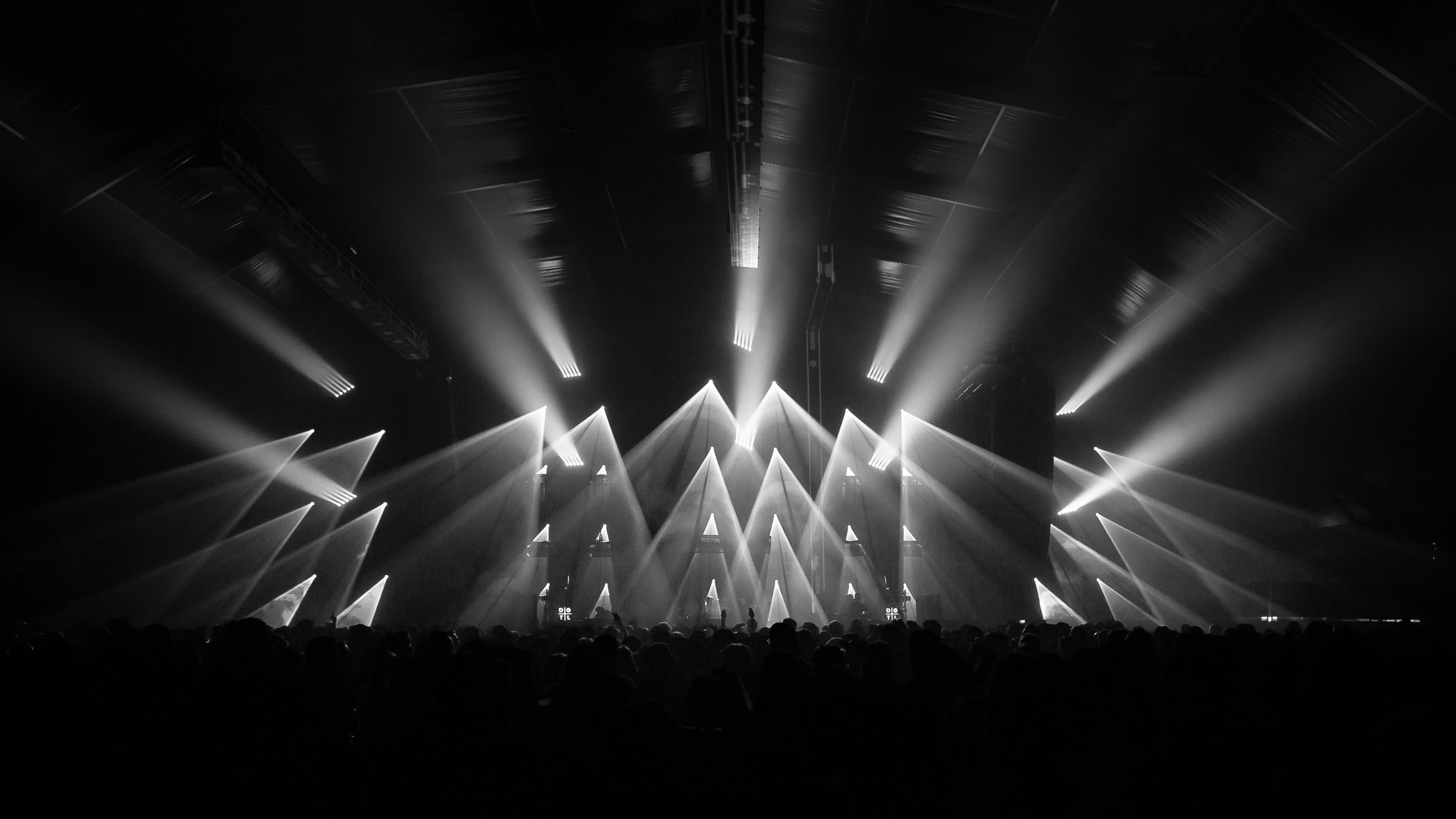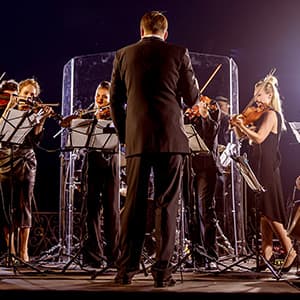

The Marriage Of Figaro Tickets
Up to 30% Off Compared to Competitors.
Location: Select Location (e.g, New York)
Events Nearby
We're Sorry. There are currently no events near you.
About The Marriage of Figaro
Currently, The Marriage of Figaro continues to be a popular choice in concert performances around the world. Various opera companies and symphonies are staging concert versions that strip down the production to its musical core, allowing audiences to appreciate Mozart's genius without the elaborate staging typical of full operatic productions. In recent years, innovative interpretations have emerged, with some performances integrating modern elements to connect with contemporary audiences. Festivals dedicated to Mozart often feature The Marriage of Figaro, highlighting its enduring appeal. For instance, the Salzburg Festival, which commemorates Mozart's birthplace, regularly includes this opera in its lineup. Additionally, many renowned orchestras are performing concert adaptations, showcasing the opera's famous overtures and key arias in symphonic settings. As of 2023, exciting collaborations between classical musicians and contemporary artists have further invigorated interest in The Marriage of Figaro, attracting younger audiences and ensuring that this classic remains relevant in today’s cultural landscape. Events such as live-streamed performances, educational outreach programs, and virtual concerts are also making the opera accessible to a broader audience, ensuring its legacy endures well into the future.
The Marriage of Figaro History
The Marriage of Figaro, composed by Wolfgang Amadeus Mozart in 1786, is an opera buffa that is based on a play by Pierre Beaumarchais. It is a cornerstone of the operatic repertoire and is celebrated for its complex characters and intricate plot, centering around themes of love, betrayal, and class struggle. Originally, the opera debuted at the Burgtheater in Vienna, receiving immediate acclaim for its music and libretto. The storyline follows Figaro and his bride-to-be, Susanna, as they navigate the challenges posed by their employer, Count Almaviva, who attempts to seduce Susanna. The opera's rich character development and social commentary resonate with audiences, making it a timeless piece that has been performed globally for over two centuries. Its enchanting arias and duets, such as 'Non più andrai' and 'Sull'aria,' have become staples in concert performances and operatic showcases, solidifying its place in the cultural canon.
